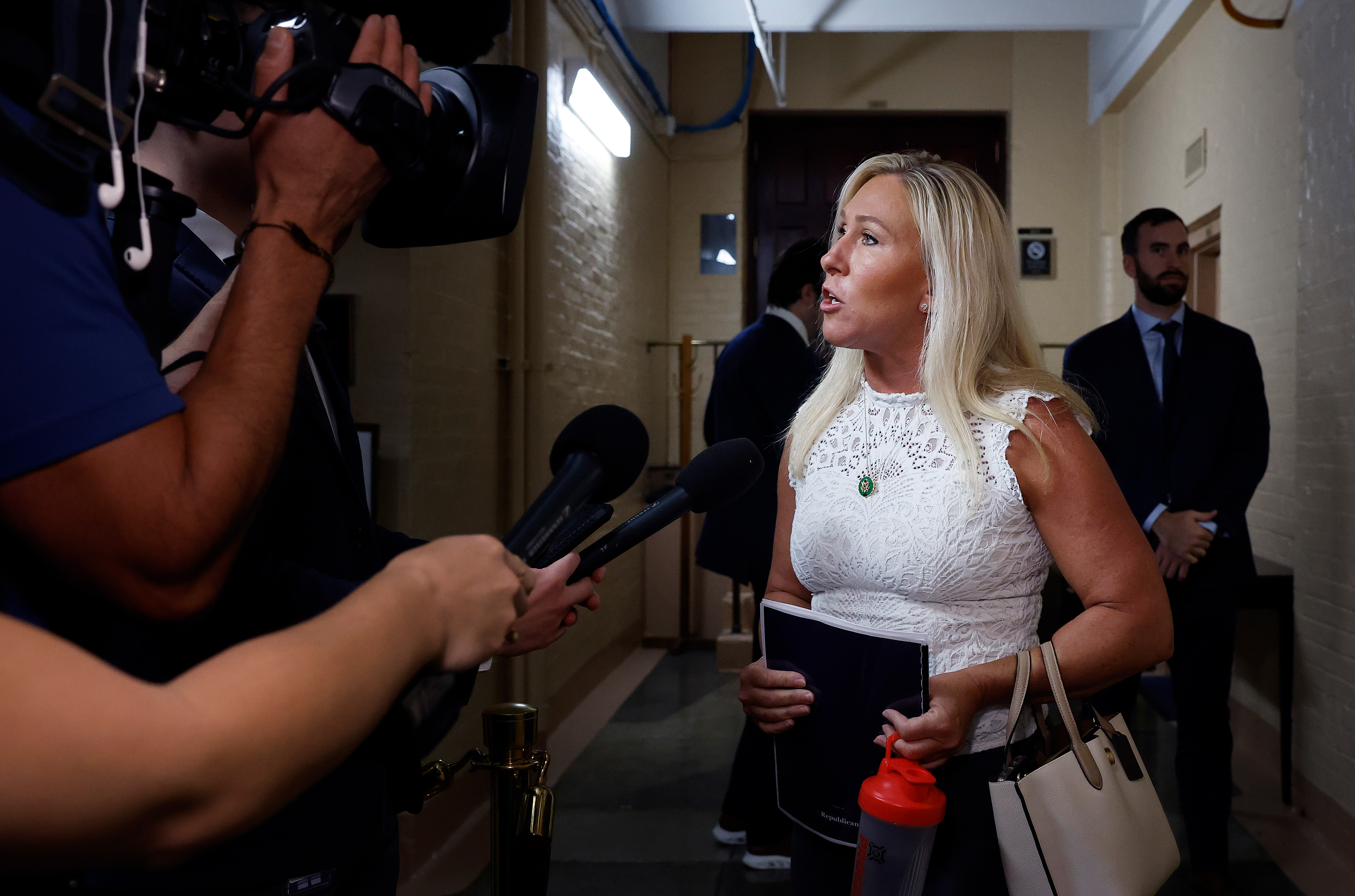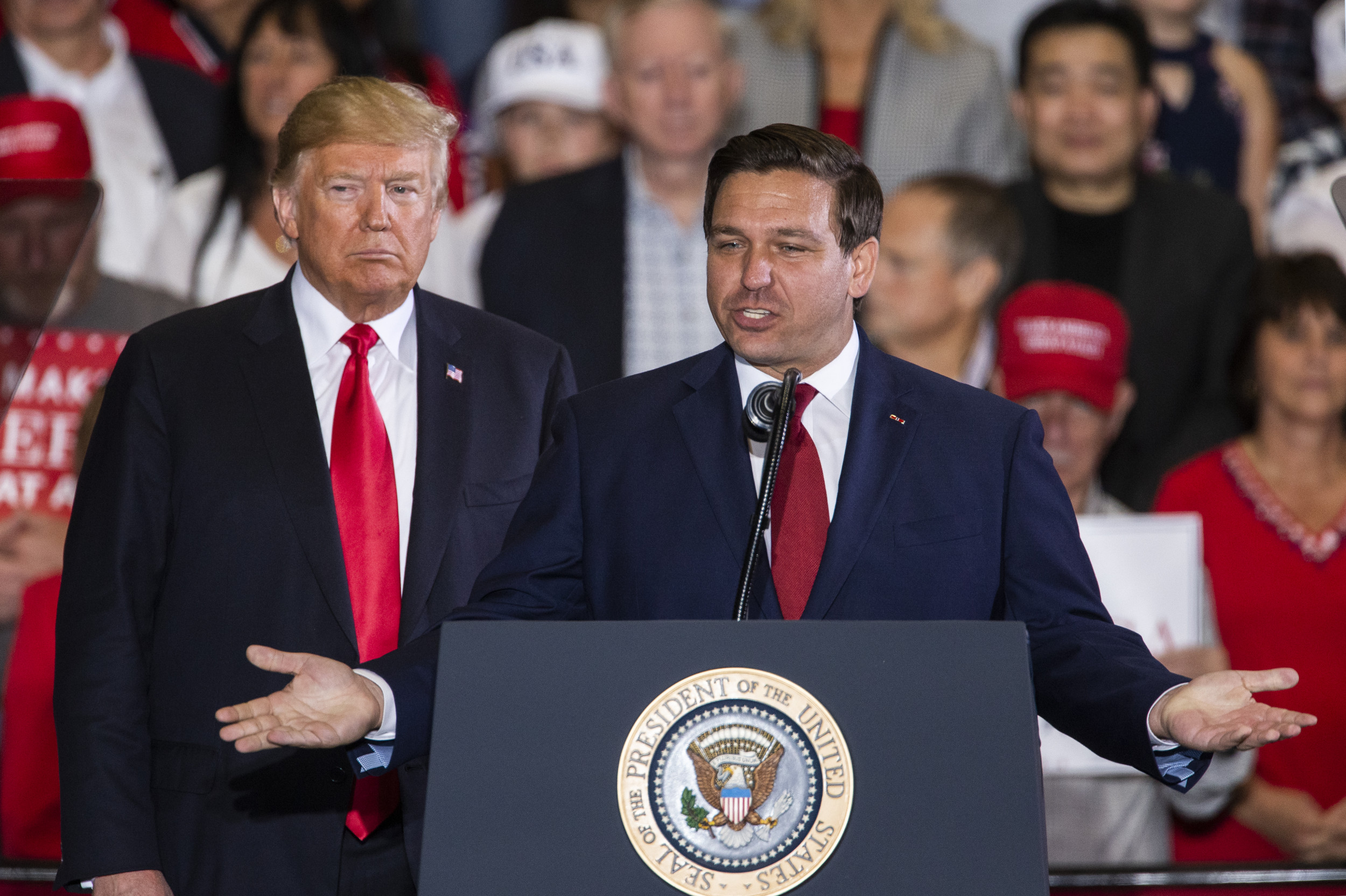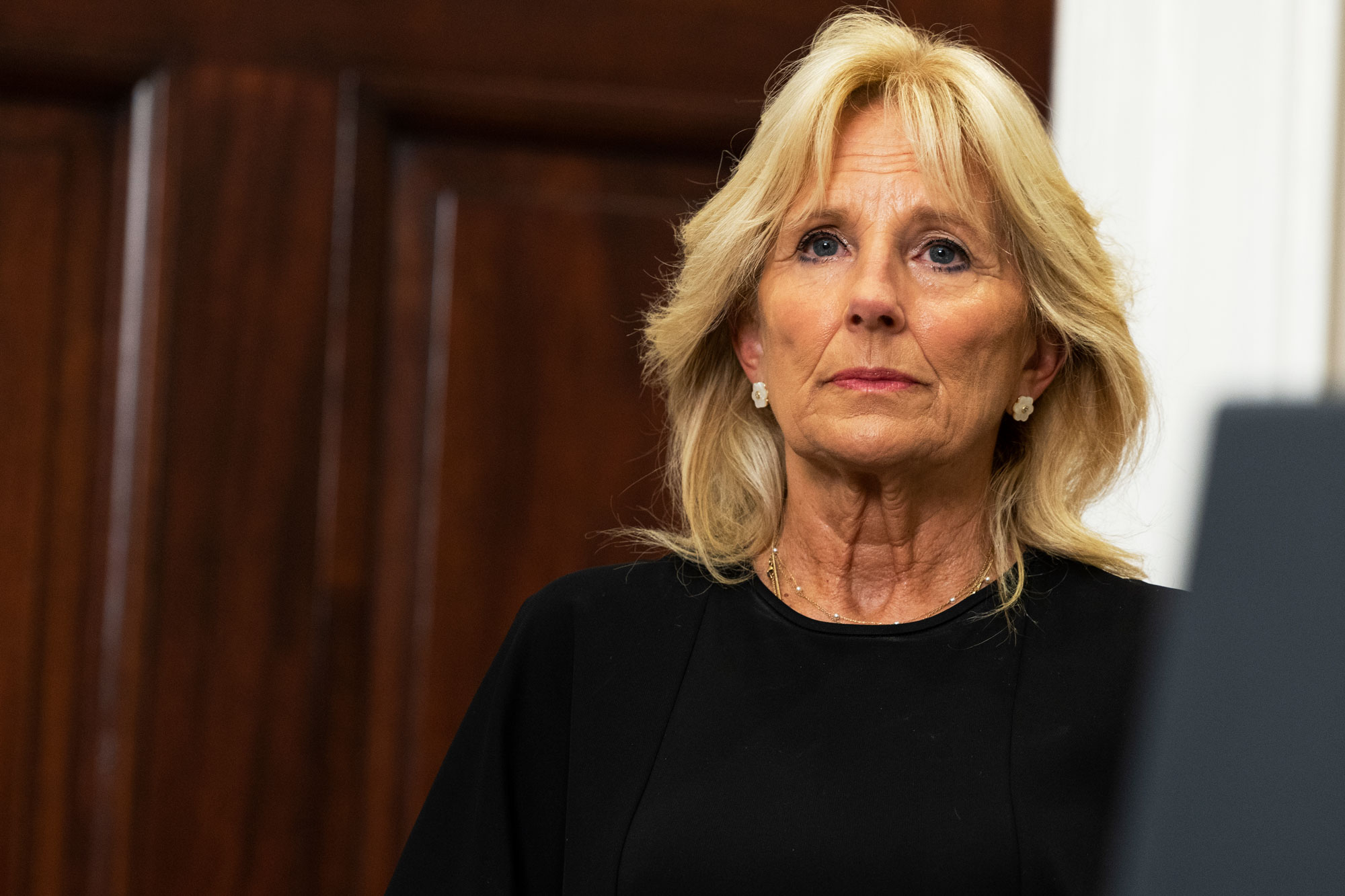Presidential elections are not popularity contests.
Former President Donald Trump famously became president in 2016 despite losing the popular vote that year by more than two points. Four years earlier, Massachusetts Governor Mitt Romney—then a candidate for his party's nomination for president—easily won the GOP primaries despite significantly low approval ratings nationwide. And heading into the 2024 election cycle, the two leading candidates in the race, Trump and incumbent President Joe Biden, are clear favorites to face one another despite the fact a sizable swath of the electorate wants neither man to run again.
All of which begs the question: Even when presented with other options, why do Americans continually choose to support unpopular candidates for president?
It can't be for lack of options: Trump opponents Tim Scott and Vivek Ramaswamy boast higher favorability ratings than frontrunners Trump and Ron DeSantis, for example, yet continue to poll low within the field, while Biden's principle opponent, Robert F. Kennedy Jr., continues to be seen as a novelty in the Democratic field despite high levels of popularity and name recognition.

Nor is it out of pragmatism: despite two consecutive defeats in the popular vote, Trump continues to be the choice of a clear majority of likely Republican voters, despite polling clearly showing him at a disadvantage to Biden in a hypothetical rematch in 2024.
So why do it? Experts say the reasons vary widely, with the most obvious being that—while unpopular nationally—those candidates remain highly popular in their respective parties.
"It shows the nature of our government, of our system, which is kind of less of a pure democracy and more of a republic," Tom Whalen, a political historian at Boston University, told Newsweek in an interview. "And Republics, historically going back to ancient Greece, are based on factions. That has been part and parcel of American politics for a very long time."
Logic dictates that remains just as true in the 2024 elections as much as it did when Richard Nixon—a known loser in national races—ultimately achieved his party's nomination in 1968. You don't need to win over everyone to get on the ticket: all you need is your party. And polling shows both leading candidates have been highly successful at rallying their base around them.
While just 40 percent of Americans approve of Biden's job performance as president overall, according to aggregated Reuters/Ipsos polling, some 80 percent of Democrats say they approve of his job performance, mirroring his commanding polling lead over primary challengers like Kennedy and Marianne Williamson.
Among Republicans, Trump's favorable ratings are also substantially higher than his opponents, with one NPR/Marist College poll last month showing Trump's approval nine points higher than his next-closest challenger among GOP voters.
However, Whalen warned, that a high degree of approval might be less indicative of how likable the candidates are than the beliefs in the policies they represent, or even attrition in their campaigns.
Biden, notably, lagged behind Bernie Sanders in public opinion polls throughout the 2020 primaries and finished second in three early voting states before surging in South Carolina, handing him the momentum necessary to lock up the nomination against a diminished Democratic Primary field after Super Tuesday.
And while George H.W. Bush was considered to be highly unpopular among voters ahead of the 1988 elections, his opponent Michael Dukakis was even more unpopular, presiding over a double-digit collapse in favorability ratings after several high-profile missteps the likes of which had never been seen at that point in the history of polling.
Just four years later, Bush would lose the White House—pummeled by more-popular Democrat Bill Clinton and a challenge from right-wing millionaire Ross Perot over his broken promises to the Republican base.
"We seem to be under this delusion that we vote for personalities," Whalen said. "But in many ways, we vote for interests, and the positions where they stand. People may think 'I don't like this guy, he's an S.O.B., but he'll vote from my side, so I guess I'll pull his lever on election day.'"
But favorability is also a relatively artificial metric, largely driven by public perceptions of a candidate's performance. While Biden's policies and accomplishments can attract media coverage, so too do his high-profile gaffes and unsavory narratives about his son's business dealings, all of which can create negative perceptions of who Biden is that compete with what Biden stands for.
W. Joseph Campbell, a professor at American University and author of the 2020 book Lost in a Gallup: Polling Failure in U.S. Presidential Elections, said a similar phenomenon could be seen in the campaign of Ron DeSantis who, while popular among Republicans, has seen his share in polling stagnate against an avalanche of negative headlines about his campaign faltering.
"These narratives can be hardened in place, and these established narratives tend to be built upon themselves," he told Newsweek in an interview. "There's all these headlines about DeSantis' campaign having issues, having trouble connecting with voters, trivial stuff. That's a narrative that could be hard for him to shake, even though he is the most probable, strongest option to Trump among Republican voters. These narratives are also part of the equation, and they can also often be difficult to alter or to reshape."
Particularly given the legacy of polling to miss an oft-ignored truism of electoral politics: that retail-level voters rarely understand the issues as thoroughly as they believe, and can often skew the polls that indicate the direction a race is headed.
"Pragmatism is an important element I think, and sometimes overlooked," said Campbell. "But that question has nagged polling for a long time, but many pollsters don't really address or confront this very much. And that is, do the respondents to the respondents in their polls really know enough about the issue or about the candidates to have an opinion? It's often hard to tell, but some of these polls are implying or assuming that voters or respondents have made up their mind and know a lot about a certain issue."








